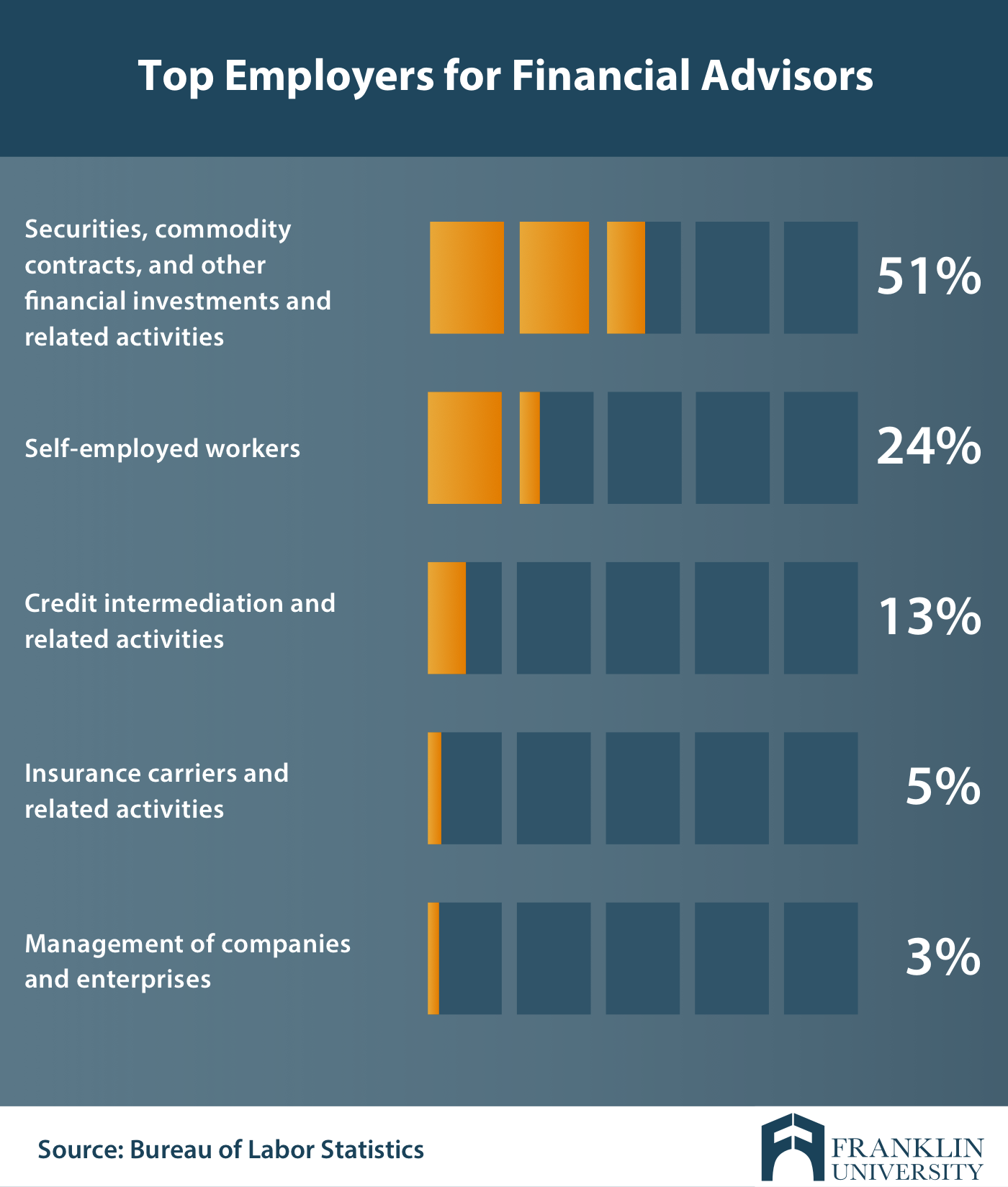For this factor, choices are frequently considered less risky than stocks (if utilized correctly). However why would an investor use options? Well, purchasing options is generally betting on stocks to go up, down or to hedge a trading position in the market - what is an option in finance. The rate at which you agree to buy the hidden security through the option is called the "strike cost," and the fee you spend for buying that alternative agreement is called the "premium." When identifying the strike rate, you are wagering that the asset (normally a stock) will go up or down in price.
There are two various kinds of options - call and put options - which give the investor the right (but not obligation) to offer or purchase securities. A call option is a contract that provides the investor the right to buy a particular amount of shares (usually 100 per contract) of a certain security or product at a defined price over a specific amount of time. Nevertheless, the broad details are similar. Financial choices are used either to hedge against threats by buying agreements that will pay if something with negative monetary effects occurs, or because it permits traders to amplify gains while restricting downside threats. Financial choices involve the risk of losing some or all of the contract price, if the marketplace moves against the trend expected, and counterparty threats, such as broker insolvency or contractors who do not satisfy their legal obligations.
Alternatives trading can be complicated much more so than stock trading. When you purchase a stock, you just decide how many shares you desire, and your broker fills the order at the prevailing market value or a limit price you set. Trading options requires an understanding of innovative methods, and the process for opening an alternatives trading account includes a couple of more steps than opening a normal investment account.
( Need to brush up on puts, calls, strike rates and other alternatives trading lingo? See our post on options trading 101). Compared to opening a brokerage represent stock trading, opening a choices trading account needs bigger amounts of capital. And, given the intricacy of anticipating several moving parts, brokers need to understand a bit more about a possible financier before granting them a permission slip to start trading alternatives.
You'll require to offer a potential broker: Investment goals. This may include earnings, growth, capital conservation or speculation. Trading experience. The broker will wish to know your knowledge of investing, the length of time you've been trading stocks or alternatives, how lots of trades you make annually and the size of your trades.
Have timeshares worldwide on hand your liquid net worth (or financial investments quickly sold for cash), annual income, total net worth and work info. The kinds of options you desire to trade. Based upon your answers, the broker generally appoints you a preliminary trading level (normally 1 to 4, though a fifth level is ending up being more common) that is your secret to putting certain kinds of options trades.
The Only Guide for How Much To Finance A Car

The broker you select to trade alternatives with is your crucial investing partner. Finding the broker that offers the tools, research, guidance and support you need is specifically important for financiers who are new to choices trading. Click for more info This determines what kind of options contract you take on. If you think the price of a stock will rise, you'll buy a call option (how to finance a home addition).
As a refresher, a call choice is an agreement that provides you the right, however not the responsibility, to purchase a stock at a fixed price (called the strike price) within a specific time duration. A put option provides you the right, but not the responsibility, to sell shares at a specified cost prior to the contract ends.
( For call alternatives, it's above the strike; for put choices, it's below the strike.) You'll wish to buy a choice with a strike price that shows where you forecast the stock will be throughout the option's life time. For example, if you think the share price of a business currently trading for $100 is going to rise to $120 by some future date, you 'd purchase a call option with a strike price less than $120 (ideally a strike cost no higher than $120 minus the cost of the option, so that the choice remains lucrative at $120).
Likewise, if you believe the business's share rate is going canceling sirius to dip to $80, you 'd buy a put alternative (offering you the right to sell shares) with a strike rate above $80 (preferably a strike cost no lower than $80 plus the expense of the choice, so that the alternative remains successful at $80).
You can't pick simply any strike rate. Option quotes, technically called alternative chains, include a variety of offered strike rates. The increments in between strike costs are standardized throughout the market for example, $1, $2. 50, $5, $10 and are based on the stock price. The price you pay for an alternative, called the premium, has two elements: intrinsic value and time worth.
Time value is whatever is left, and aspects in how unpredictable the stock is, the time to expiration and rate of interest, among other components. For example, suppose you have a $100 call option while the stock costs $110. Let's assume the alternative's premium is $15. The intrinsic value is $10 ($ 110 minus $100), while time worth is $5.
Facts About How To Get A Car On Finance Uncovered

Every choices contract has an expiration date that indicates the last day you can exercise the choice. Here, too, you can't simply pull a date out of thin air. Your choices are restricted to the ones provided when you phone an option chain. Expiration dates can vary from days to months to years.
For long-term financiers, regular monthly and annual expiration dates are more effective. Longer expirations offer the stock more time to move and time for your investment thesis to play out. A longer expiration is likewise beneficial because the option can retain time value, even if the stock trades below the strike cost.
If a trade has gone versus them, they can normally still offer at any time worth remaining on the choice and this is most likely if the choice agreement is longer. View Morningstar's leading stock choices With a 14-day free trial * of Morningstar Premium, you'll get current skilled stock research study to assist drive your investment decisions. * Paid subscription thereafter, see Morningstar.
Call and put choices are acquired investments, implying their price movements are based upon the price movements of another monetary product. how to delete portfolio in yahoo finance. The financial item a derivative is based on is often called the "underlying." Here we'll cover what these choices mean and how traders and purchasers utilize the terms. Options can be defined as contracts that offer a buyer the right to purchase or offer the underlying possession, or the security on which an acquired contract is based, by a set expiration date at a particular price.